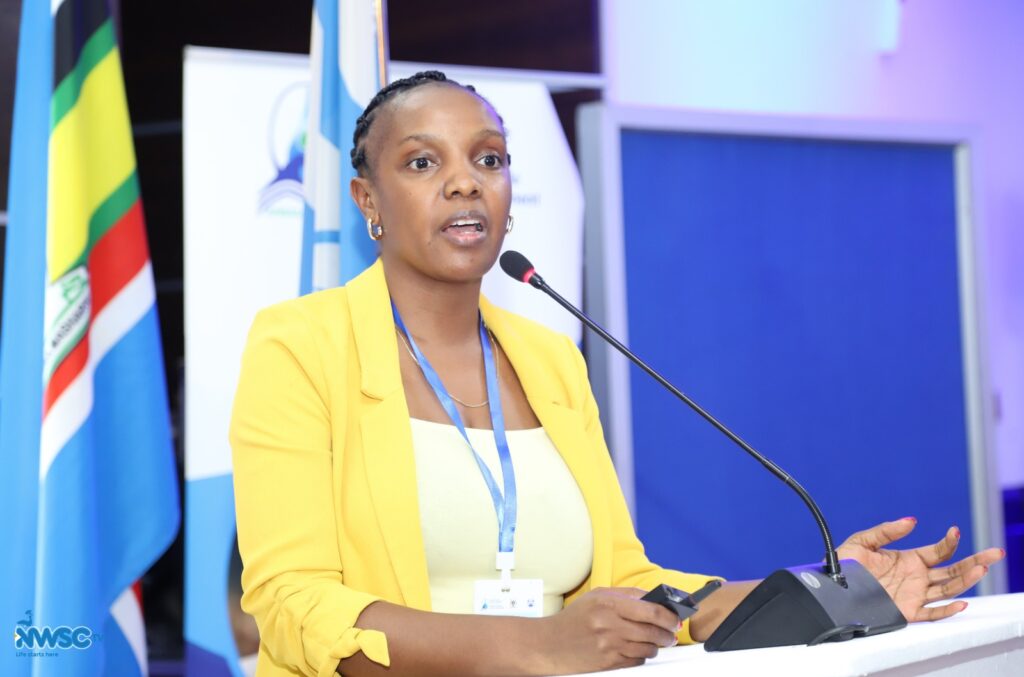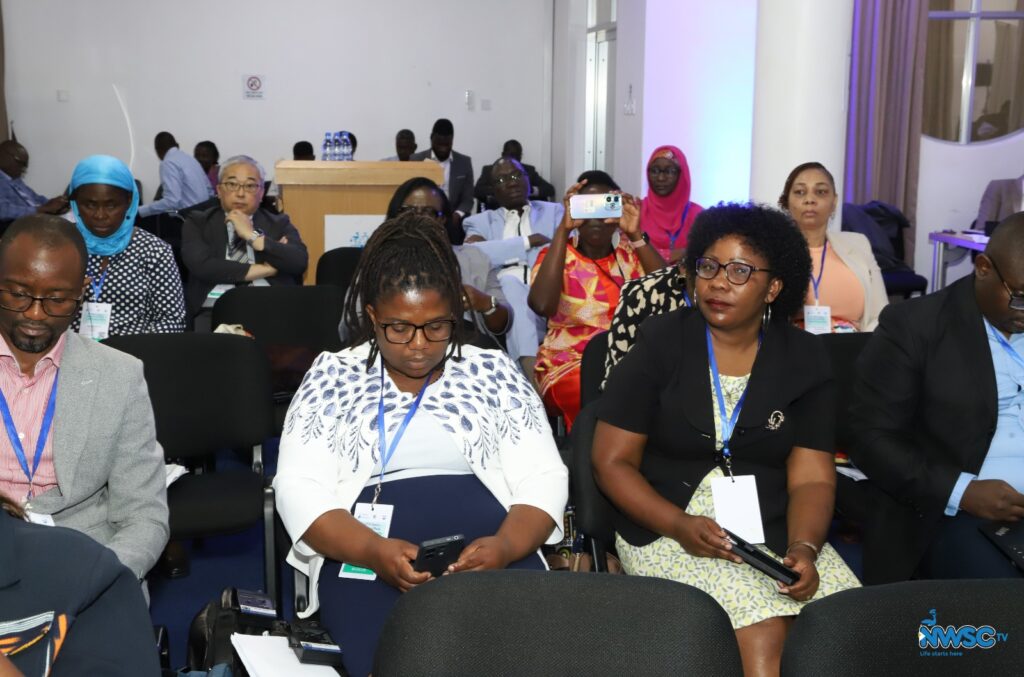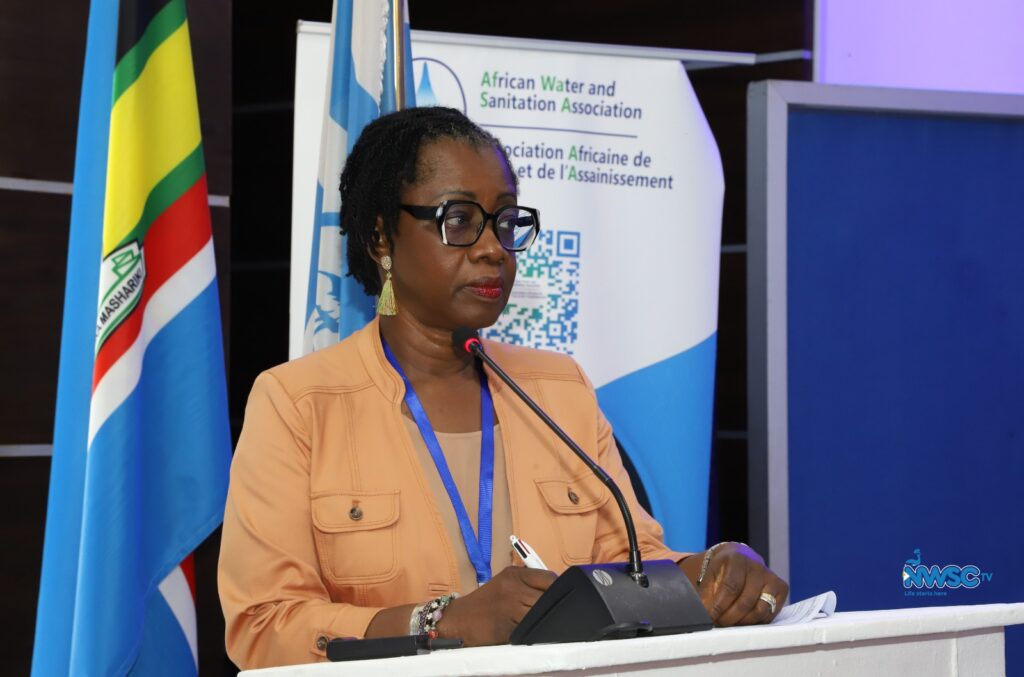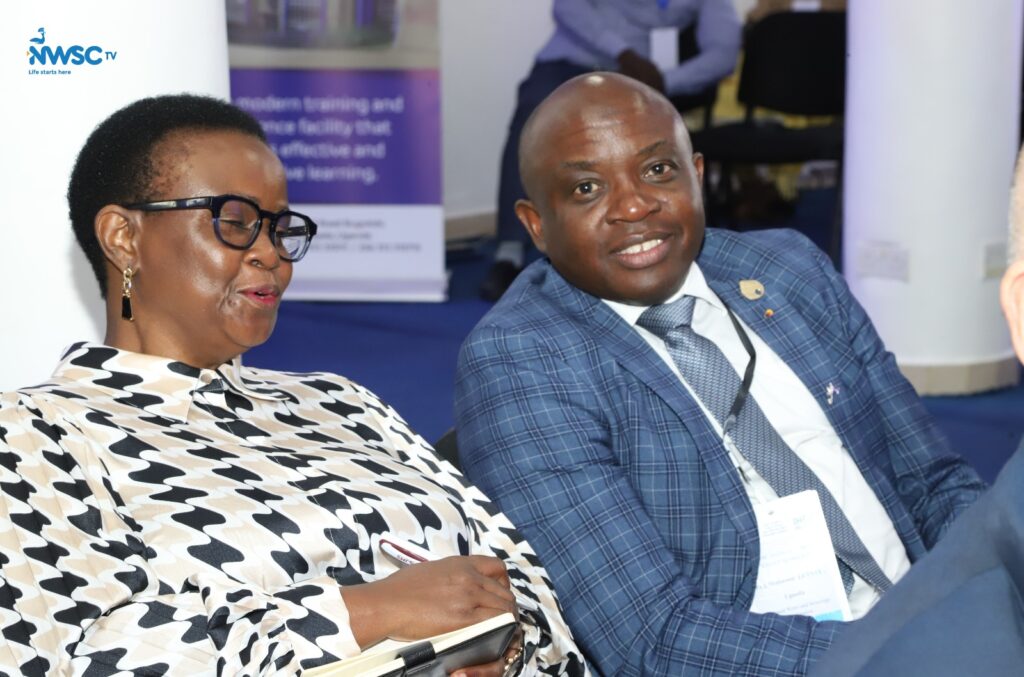
In the ever-evolving utility sector, where efficiency and innovation are critical, data is one of the most valuable resources. Yet, the question lingers: are Africa’s utilities truly capitalizing on the wealth of information they collect? The African Utility Data Collaborative (AUDC), spearheaded by Athena Infonomics, aims to change this narrative, bridging the gap between raw data and actionable insights.
The initiative, introduced by Ms. Eunice from Athena Infonomics, seeks to empower utilities with advanced data analytics capabilities, addressing challenges that have long stifled progress in the sector. At its core, the AUDC focuses on transforming vast data repositories into practical solutions that enhance decision-making and fuel innovation.
Despite significant investments in data systems, many African utilities struggle to make sense of their information. While equipped with analytics-ready tools, the transition from raw data to meaningful outcomes has proven elusive. For one, Since February, the AUDC team has engaged in extensive consultations with utilities across Kenya, Nigeria, Zambia, and South Africa, uncovering critical challenges such as fragmented data systems, gaps in water quality monitoring, and inefficient customer analytics that continue to hinder progress.
The AUDC therefore directly addresses these hurdles by offering tailored support to utilities with an approach that includes developing research products to inform policies, creating tools for advanced analytics, and nurturig a culture of ethical and secure data use. Importantly, it is a collaborative platform, not a mere data warehouse, ensuring that utilities maintain control over their data while gaining access to game-changing resources.
Core to the AUDC is a partnership-driven model that prioritizes purpose, scalability, and innovation. Starting with a small group of utilities, the collaborative aims to scale operations to over 50 participants, tackling challenges like Non-Revenue Water (NRW) and Asset Management.


This approach naturally incorporates partnerships with governments, businesses, and research institutions to ensure its solutions are both effective and sustainable. By leveraging predictive analytics, digital tools, and shared expertise, the AUDC equips utilities with the tools they need to make smarter, data-driven decisions.
To cement its impact, the AUDC employs a Build-Operate-Transfer (BOT) model as a roadmap to long-term success. The initial phase (2025–2026) focuses on developing technology and partnerships, followed by scaling operations and building capacity (2026–2028). By 2030, the initiative will transfer operations to the African Water Association (AfWA), ensuring its continued growth and relevance.
This approach is already bearing fruit. For example, pilot projects in Kenya and Malawi have demonstrated the potential of data analytics to tackle pressing issues. Meanwhile, the creation of a dedicated data specialist group signals the AUDC’s commitment to technical excellence.
Redefining the Utility Landscape
The strength of the AUDC lies in its collaborative approach, which allows utilities to access on-demand analytics support, share insights, and develop innovative solutions together. Remarkably, the initiative will officially launch at the AfWA Congress 2025, and this vividly depicts its vision of a data-driven future.
For utilities struggling with NRW, operational inefficiencies, and water quality issues, the AUDC offers a game-changing opportunity, one that allows them to embrace collaboration and advanced analytics, putting Africa’s utilities on a path to transform service delivery, boost operational efficiency, and ensure long-term sustainability.
“This is not just about data systems,” Ms. Eunice aptly stated. “It’s about making meaning of the data to drive impact.”
As the groundwork solidifies, the African Utility Data Collaborative is setting the stage for a smarter, more efficient future, proving that the right data, used the right way, can result in revolutionary change.



